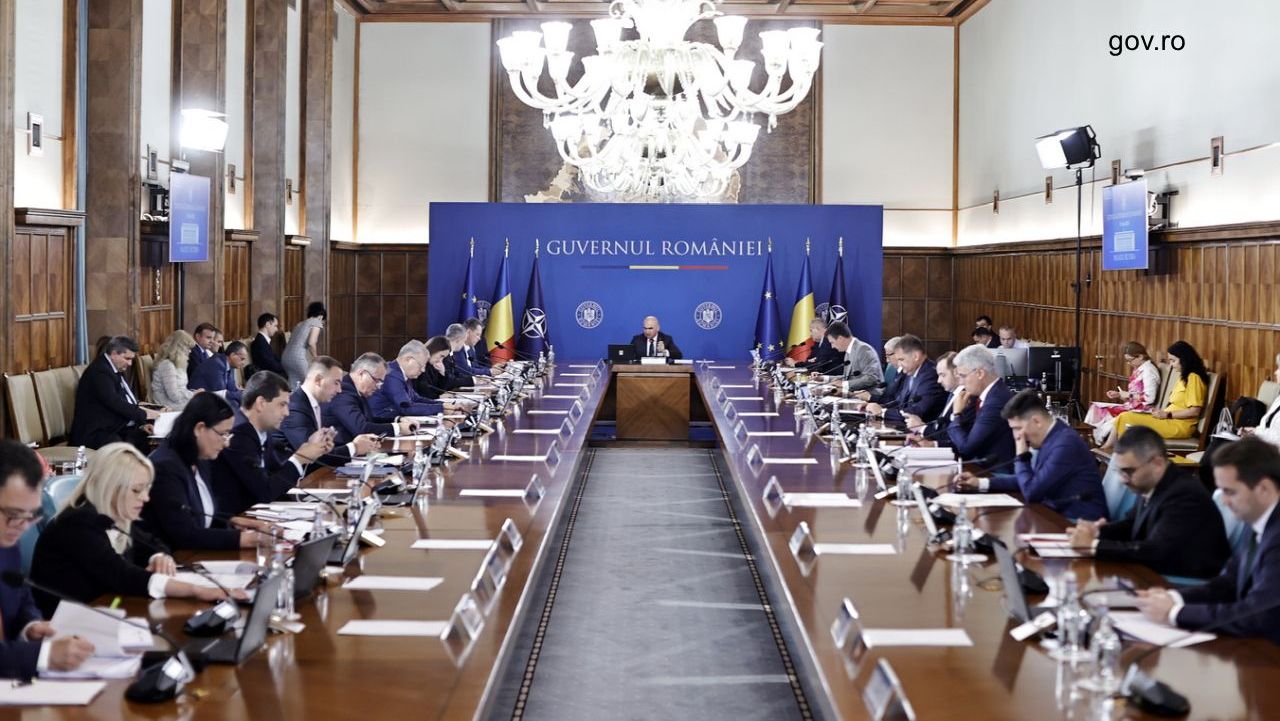Issues on hold
The local public administration reform has once again been in the focus of the ruling coalition’s attention

Roxana Vasile, 05.11.2025, 14:00
The controversial and tricky issues of public administration reform and special pensions for magistrates, already the subject of much wrangling in Romania, seem to be still rather difficult to settle.
The leaders of the parties in the broad ruling coalition in Bucharest, comprising the Social Democratic Party, the National Liberal Party, Save Romania Union and the Democratic Union of Ethnic Hungarians in Romania, convened on Tuesday but apparently failed to reach a solution regarding the administration reform.
Although initially reported to have agreed with discharging some 13,000 employees from city halls, the Social Democrats’ leader later denied that such a decision had been made. PSD, the only left-of-centre party out of the 4 in power, will not accept talks on local administration alone, without cuts in the central administration as well, Sorin Grindeanu said:
Sorin Grindeanu: “We saw that sources were told that an agreement had been reached that we should fire 13,000 people, that this is what a reform in the administration means… Well, this is not the case, we did not discuss anything like that, this conclusion was never reached. Local administration reform does not mean firing people. Local administration reform means spending cuts. This is not a reform! Local administration reform means talking about merging localities, about digitisation, that’s reform.”
Also on hold is a bill addressing the retirement of magistrates, which, in the form desired by the government, would be unfavourable to judges and prosecutors, whose retirement age would be increased and whose pension benefits, although still substantially higher than those of ordinary civil servants, would be reduced.
Recently, the Constitutional Court cited procedural reasons to dismiss the relevant bill on which the liberal Prime Minister Ilie Bolojan took responsibility in Parliament. The PM disagrees with the Social Democrats’ proposal that a new bill should be drawn up for this issue and passed in Parliament in an emergency procedure. Instead, he wants the government to come up with a draft law on which it would once again take responsibility before Parliament.
The Prime Minister promised that, after the Constitutional Court has made public the grounds for its ruling, the government will resume the legislative process. But the reasoning is yet to be made public.
The magistrate pension issue is a prerequisite for Brussels to release around EUR 230 million under the National Recovery and Resilience Plan.
The ruling coalition is also torn over the minimum wage issue, with the Social Democrats willing to see it increased next year, because otherwise vulnerable people would be affected and a European directive would not be complied with. In contrast, Prime Minister Bolojan is in favour of freezing it at this year’s level, as employers want.
Finally, reducing the number of Parliament members by 10% as of 2028 is also under discussion in the ruling coalition, as low birth rates and migration are causing the population to shrink. (AMP)






























